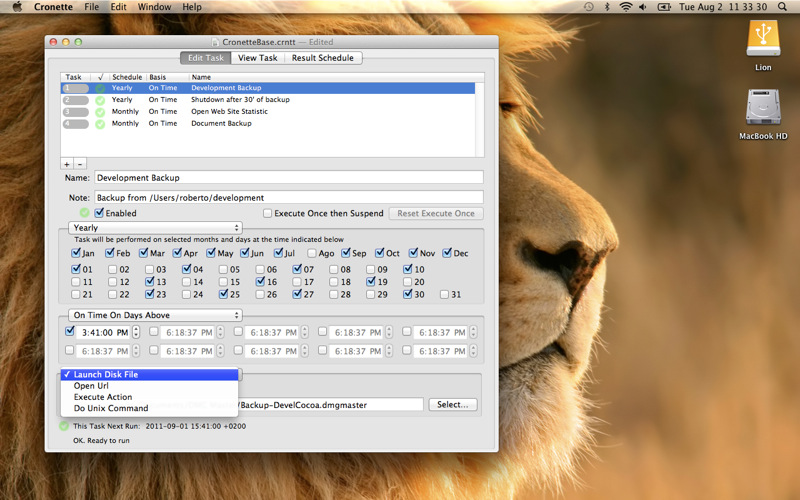

The Journal for Contemporary History is published by the Faculty of Humanities, University of the Free State. The journal aims to promote a better understanding of communication-related issues which affect developing societies, including Southern African communities. The Editorial Board accepts and considers for possible publication articles in English and Afrikaans, written from a responsible point of view on subjects in a relevant field of study within the Christian-theology science.Ĭommunitas is a nationally-accredited academic journal publishing scientific articles in the context of Community Communication, Information Impact and related disciplines. architecture, quantity surveying, construction management, project management, building economy, engineering and property development).Īcta Theologica is an accredited South African journal publishing independently reviewed research articles on broad Christian-theological and religion topics, aimed at a national and international academic audience/readership. The journal appears twice a year, one or both of which issues may be a thematically focussed issue.Īcta Structilia is a South African accredited journal and publishes peer reviewed articles on any topic in the field of the physical and development sciences (i.e. The journal is also interested in scholarly work that examines how the humanities in the 21st century are responding to the double imperative of theorising the world and changing it. The journal publishes scholarly articles that examine society, culture and politics past and present from a critical social theory perspective. The university’s seven faculties with more than 130 departments and/or schools are served by more than 1692 academic staff members, supported by a strong administrative and support staff.Acta Academica is an academic journal dedicated to scholarship in the humanities. The UFS also has a vibrant Qwaqwa Campus in the Eastern Free State serving rural students from the immediate area and surrounding provinces, and a smaller South Campus in Bloemfontein that provides alternative access to higher education for promising students who obtained poor marks in their final school examinations. We are particularly proud of the legal minds cultivated in the university and in the city, the home of the Supreme Court of Appeal. The city has also produced some of the leading minds in teaching, medicine, agriculture, science, theology, economics, management and many other fields. Besides the Bloemfontein Campus, the university also has a South Campus in Bloemfontein.īloemfontein is not only the birthplace of major political parties that shaped the political landscape in South Africa. It opened its doors in 1904 with a mere six students in the Humanities and has since grown to more than 30 000 students spread across seven faculties. With its central campus situated in Bloemfontein, the capital of the Free State province, the UFS is one of the oldest institutions of higher education in South Africa. Few universities, for example, make human reconciliation one of the foundations of its mission. In these pursuits, the university seeks to distinguish itself from its competitors. These students are the next generation of leaders in South Africa, on our continent, and in this global, interconnected world. The UFS remains conscious, however, of its responsibility for public scholarship, for turning ideas into action, for making research count in the lives of ordinary people and for developing a spirit of service through scholarship among our students. We believe strongly that given the opportunity, all young people can achieve the high standards set by our university. In doing so, the university pursues a vision of uplifting standards for students and academics alike despite the challenges young people encounter in the school system. One of the reasons for the broader interest in the UFS is our very public commitment to the highest academic standards. The changes taking place at the university continue to capture the imagination of people everywhere, including the international media and our growing base of international universities. The University of the Free State (UFS) is increasingly being seen as an exciting scholarship destination, as evidenced by an unprecedented level of interest by academics and students from around the world.


 0 kommentar(er)
0 kommentar(er)
